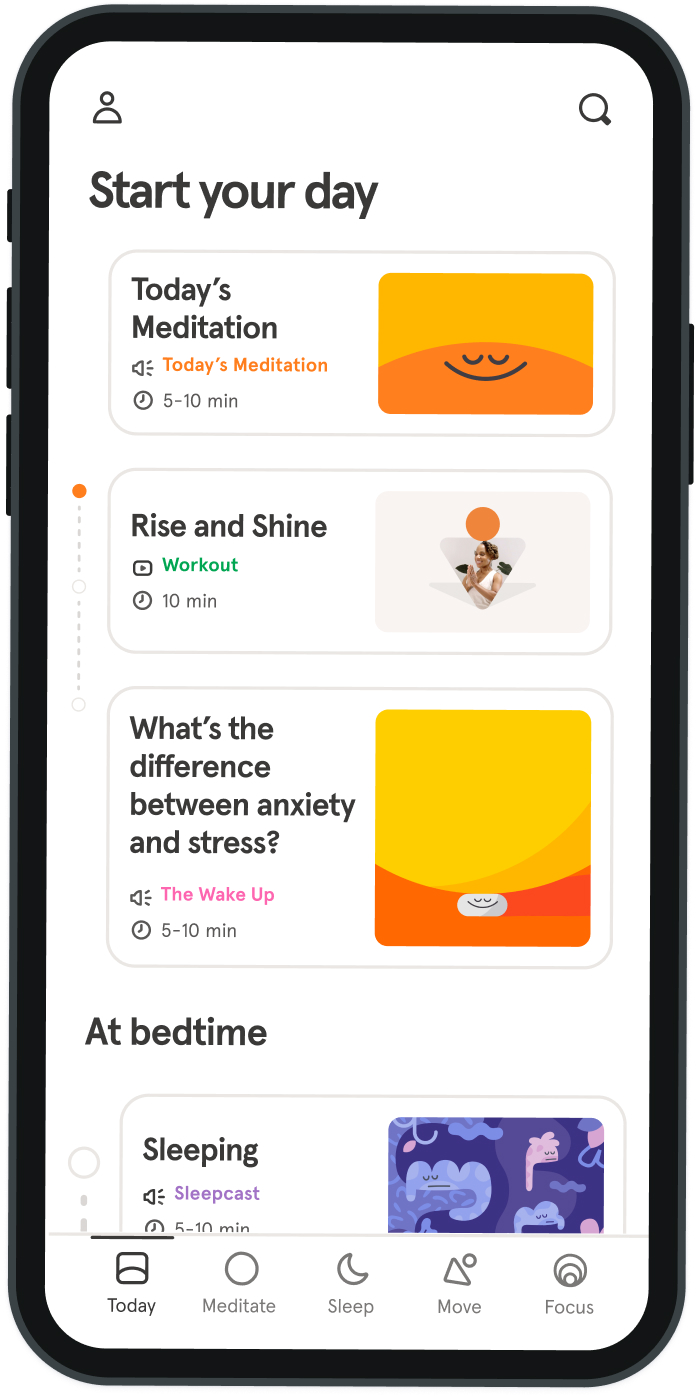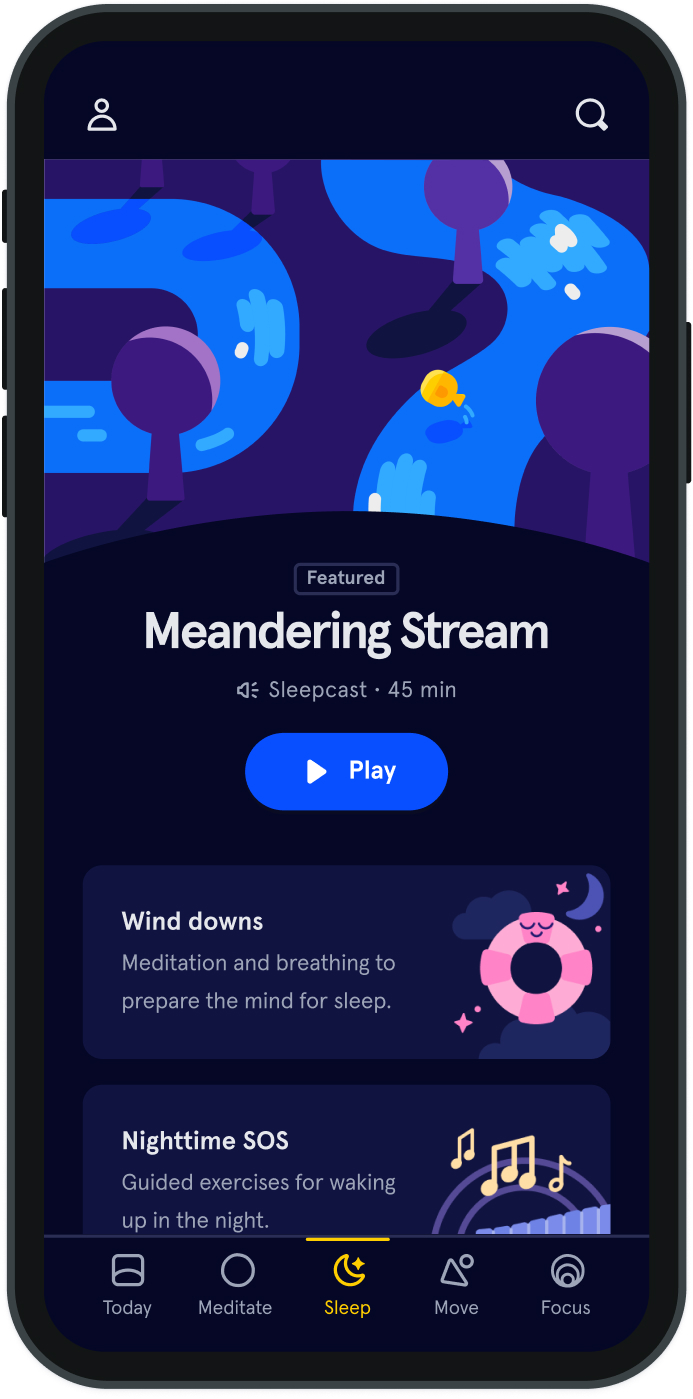How to treat yourself (for free)
In 2012, I flirted with becoming a life coach. Like many of the other young people who’ve gone through a pricey personal development program, I felt that my hardship gave me newfound wisdom. Armed with the kind of good sense that comes from making terrible mistakes, I wanted to help other people grow in the same ways I had.
Except I encountered profound disappointment in my coaching program. My teachers spoke in platitudes and passed off pop-psychology as fact. Fellow students were encouraged to engage in “deep self-healing work" instead of academic inquiry. When my favorite teacher tried to sell me an additional $1,200 private coaching package, I knew this wasn’t my path. I dropped out of coaching school feeling like a failure, but I also understood something others in the program didn’t seem to: coaching and self-help are part of an industry, and that changed the nature of the modality. The reality that profit can sometimes devour usefulness isn’t unique to coaching programs. From healthcare to education, it is easy to see the how systems become watered down through profit-motive. In the wake of a contentious election and polarizing civil discourse, self-care runs the risk of suffering the same fate. More often than not, it’s positioned as something to buy rather than cultivate. “Self-care is an intentional and conscious way to take care of yourself via the mind, body, and spirit. It can also be thought of as a form of preventive care,” Dr. Diana Raab, a research psychologist and author of “Writing for Bliss: A Seven-Step Program for Telling Your Story and Transforming Your Life”.
Want to feel more connected to your environment right now? Try this.
Raab’s assertion that self-care is preventative has roots in research. For instance, those who engage in regular practices of self-care report lower instances of depression and anxiety as well as improved brain function and memory. Those in healing professions are often encouraged to see self-care as an occupational imperative. Self-care is a credible form of preventative medicine, but it’s also a common excuse to book a spa day or have another glass of wine, accompanied by a hashtag. So how do we separate self-care from good marketing? In an environment where our purchasing power can take us further away from peace (and deeper into debt), it becomes imperative for us to think critically about our self-care practices. This realization led me to try to cultivate a self-care practice without spending money. For seven days, I didn’t allow myself to buy anything in the name of self-care—not even my favorite cup of coffee. If I could do this, I reasoned, I would never again mistake my bank account for my ability to prioritize my mental health. With my privileges of a smartphone, a cozy place to sleep, and a safe environment, I felt ready to begin a cost-free self-care practice:
Day 1: Sitting still
One of the first steps toward a completely free self-care experiment involved sitting down and getting in touch with the part of myself that already knew what I wanted. When we know we're unhappy, but don't know what we want, the risk of mistaking self-medication for self-care runs high. I decided to sit down for a moment and give myself permission to rest. This was much more difficult than I anticipated—my mind and body kept wandering toward other things I might be doing instead. Permission to just sit still was probably the most caring thing I could give myself.
Day 2: YouTube
When I remembered I couldn't exactly go out and buy anything, I decided to watch some inspirational YouTube videos. Whether you're into DIY nail art or speeches from historical figures, YouTube is a great way to indulge guilty pleasures and interests of every kind. Figure out what you’d love to do if you could pay for it, and then try searching for it on YouTube. Added bonus: you may stumble into a community of like-minded people.
Day 3: Aimless walking
I happened to be visiting a different city during my experiment, so it was very easy to cultivate a sense of curiosity about my surroundings. That said, you can explore something new wherever you are. Wandering is a great way to recharge the spirit, connect with the breath, and notice the quieter parts of ourselves. Also, I slept peacefully at the end of day three because I'd exhausted myself.
Day 4: Animal bonding
By day four, I thought I was running low on self-care activities, so I turned to my cat for support. While petting an animal reduces blood pressure and increases the secretion of pleasure hormones, I decided to take my pet-bonding a step further. I emulated the cat. I practiced my purring, and tried to gently headbutt the cat. [Editor’s Note: this is my kind of self-care.] The cat probably thought I was losing it, but doing something so ridiculous sparked a joy in me that I haven't felt since childhood. Luckily there were no witnesses.
Day 5: Small acts of kindness
Helping others makes me genuinely happy. Because this is about self-care, I didn't do anything too taxing or ambitious. Instead, I tried to do small things for people in my immediate circle. If I came across a job opportunity that might be good for a friend, I sent it over. If I admired a friend's accomplishments on Facebook, taking the extra time to write a note instead of simply liking the picture. Doing this left me feeling really peaceful. It also shifted my mentality from a place of hoarding resources to a place of generosity and sharing.
Day 6: Radical laughing
Laughing is clinically proven to change your life. OK, maybe not change your life, but frequent laughter might relieve tension and reduce anxiety. It’s also the cheapest way to feel good. If you have a friend that leaves you in stitches, consider reaching out for a few minutes of light-hearted talk (you are thirty times more likely to laugh when you’re with others). If not, podcasts from your favorite comedians can do the trick.
Day 7: Gratitude
I've never liked gratitude journals, but by the end of the week, I was reaching for something that might qualify as self-care. I took a piece of paper and wrote down the names of my closest friends. Instead of writing about the good things that happened to me that day, I wrote all of the positive attributes I admired in the people closest to me. I admired Marsha’s sense of style. I took a moment to appreciate Malaika’s loyalty. By the time I was finished with this list, I felt like a person who’d just had the best date of her life. I was floating on a cloud of infatuation. It wasn’t hard to find small moments of contentment every day, but at the end of my seven days, I was shocked that I hadn’t missed any of my usual self-care techniques (like an expensive massage or an overpriced cup of coffee). I not only felt nourished and relaxed, I felt proud of my ability to manage my own emotions without spending any money.
* * *
Despite my personal vendetta against self-care being linked to materialism, Raab says that consumerist self-care isn't any less effective than free self-care. The general rule of thumb seems to be about doing what brings you joy. Raab suggests asking yourself these questions to make sure that you’re engaging in truly nourishing activities: “What activities do you enjoy doing? What activities make you feel peaceful or make your heart sing? What activities give you purpose and meaning? Which people offer you a sense of energy and hope?” Answering these questions can help you cultivate self-care practices that have long-term effects rather than just short-term distraction. Taking time to nourish yourself will make whatever life brings you much more palatable.



Be kind to your mind
- Access the full library of 500+ meditations on everything from stress, to resilience, to compassion
- Put your mind to bed with sleep sounds, music, and wind-down exercises
- Make mindfulness a part of your daily routine with tension-releasing workouts, relaxing yoga, Focus music playlists, and more
Meditation and mindfulness for any mind, any mood, any goal

Stay in the loop
Be the first to get updates on our latest content, special offers, and new features.
By signing up, you’re agreeing to receive marketing emails from Headspace. You can unsubscribe at any time. For more details, check out our Privacy Policy.
- © 2025 Headspace Inc.
- Terms & conditions
- Privacy policy
- Consumer Health Data
- Your privacy choices
- CA Privacy Notice
